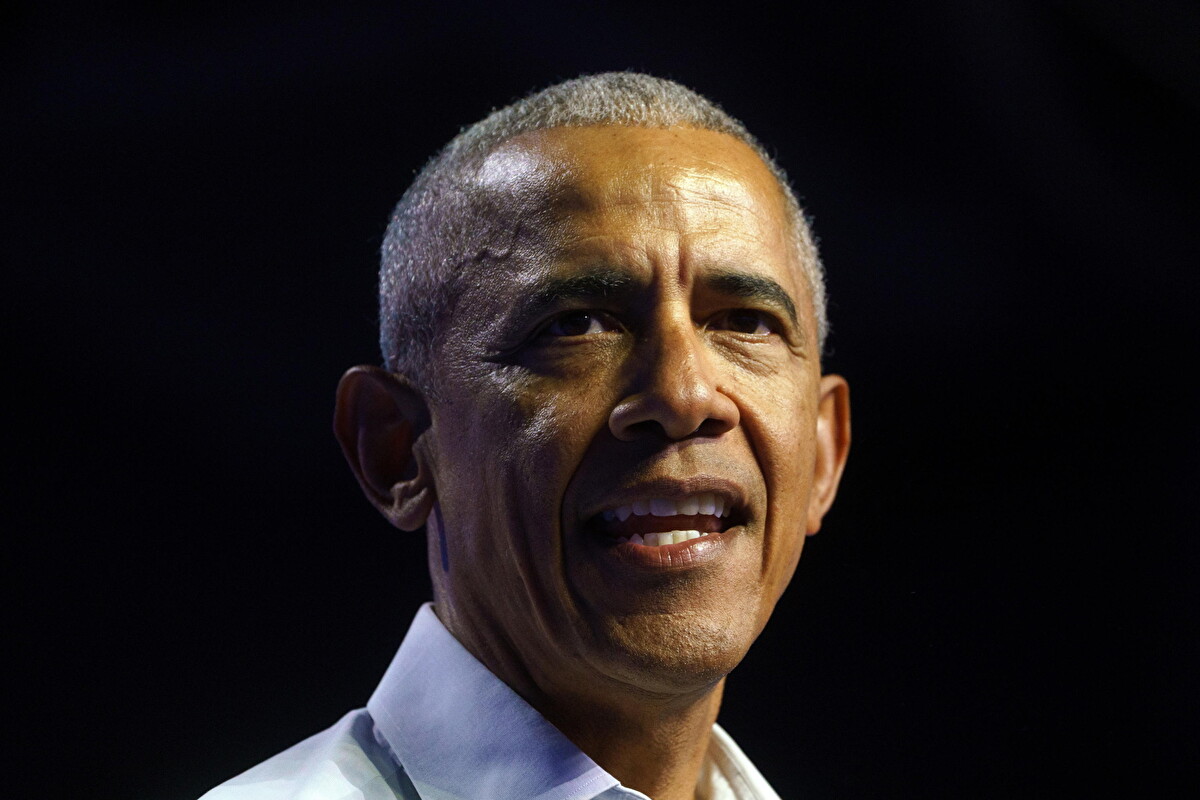A federal judge on Thursday temporarily prevented Columbia University and Barnard College from turning over to Congress the disciplinary files of students involved in pro-Palestinian protests, thus upholding the appeal of Mahmoud Khalil, a graduate student at risk of expulsion.
This decision blocks at least until next Tuesday’s hearing, the request made by a Republican-led House committee which threatens a cut in federal funding if universities fail to cooperate.
Khalil, who was arrested and faces deportation for his role in university protests against Israel, along with other students identified by pseudonyms, filed suit earlier this month to prevent the House Committee on Education and the Workforce from obtaining disciplinary records related to the demonstrations.
The judge’s order now comes as Columbia University faces a deadline imposed by the Trump administration, to implement major reforms that could secure it federal funding. The university has already lost $400 million; according to the government, the university failed to protect students and staff from anti-Semitism, during pro-Palestinian protests.
The government, among other things, has demanded that Columbia revise its definition of anti-Semitism and change its admissions policies.
On Thursday, a group of Columbia history professors wrote a letter to the university’s leadership urging them to reject what have been described as “authoritarian” efforts to dominate colleges and universities.
“Should this control be realized, here or elsewhere, it would make any real historical scholarship, teaching and intellectual community impossible”, professors said, adding that the administration’s interventions “jeopardize our ability to think honestly about the past, the present and the future.”
“Legitimate questions about our practices and progress can be asked, and we will answer them”, Columbia President Katrina Armstrong said, “But we will never compromise our values of pedagogical independence, our commitment to academic freedom, or our obligation to follow the law”.










